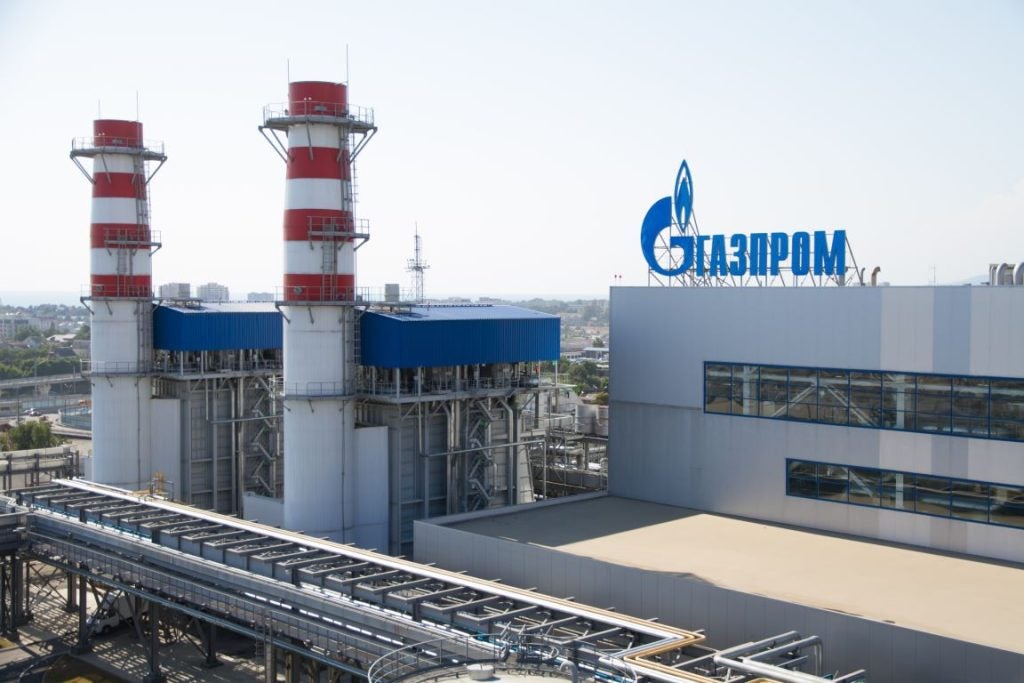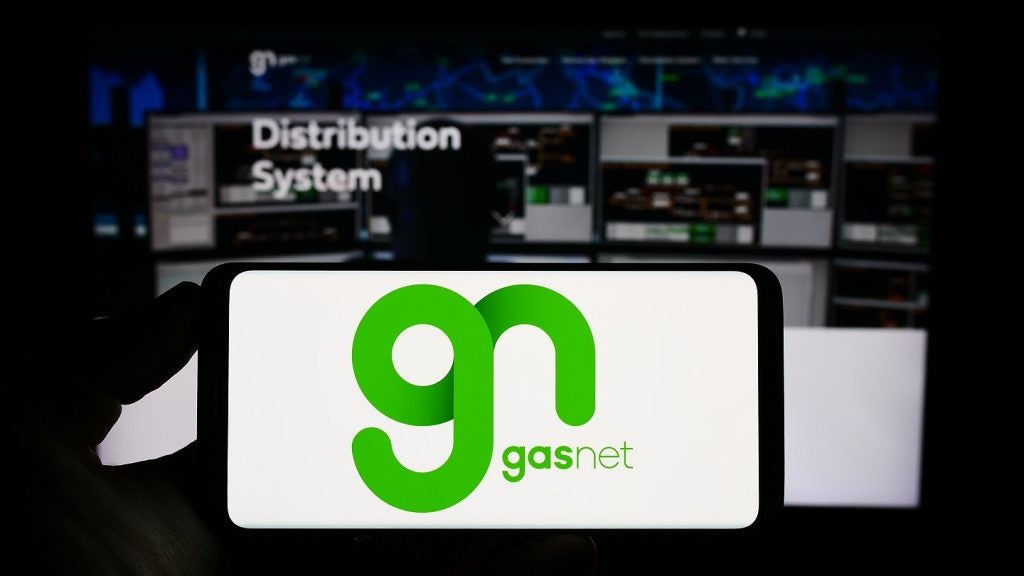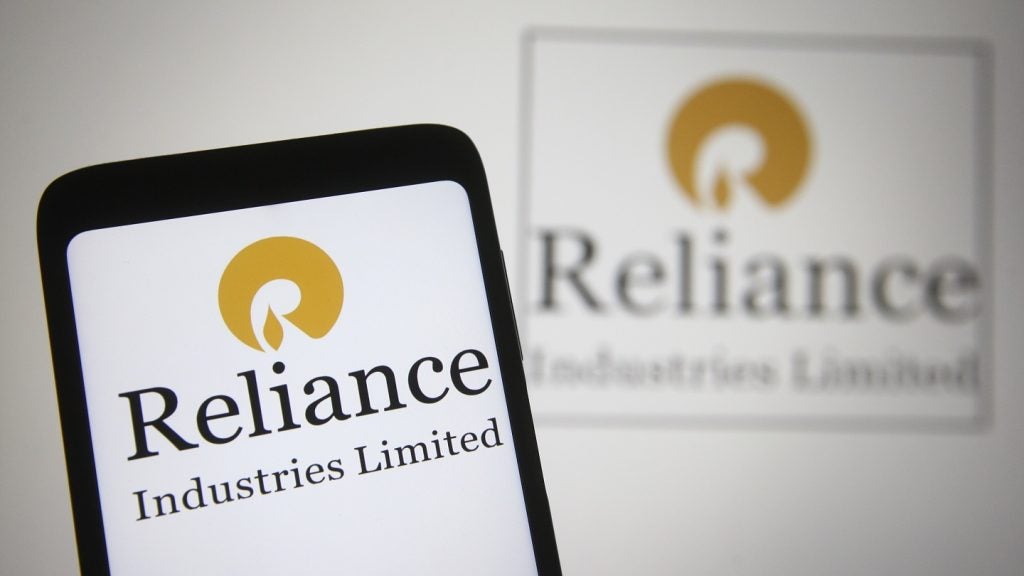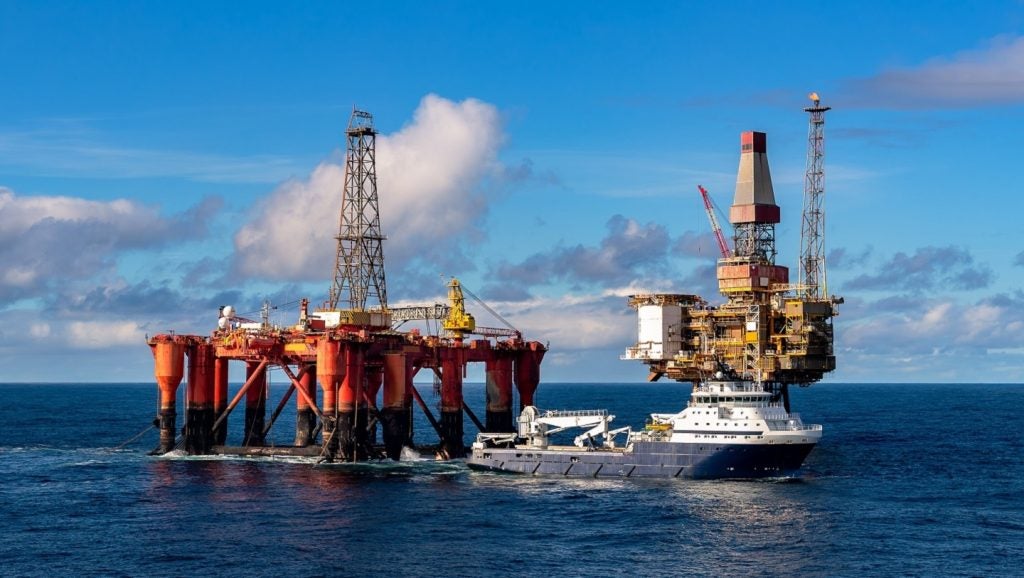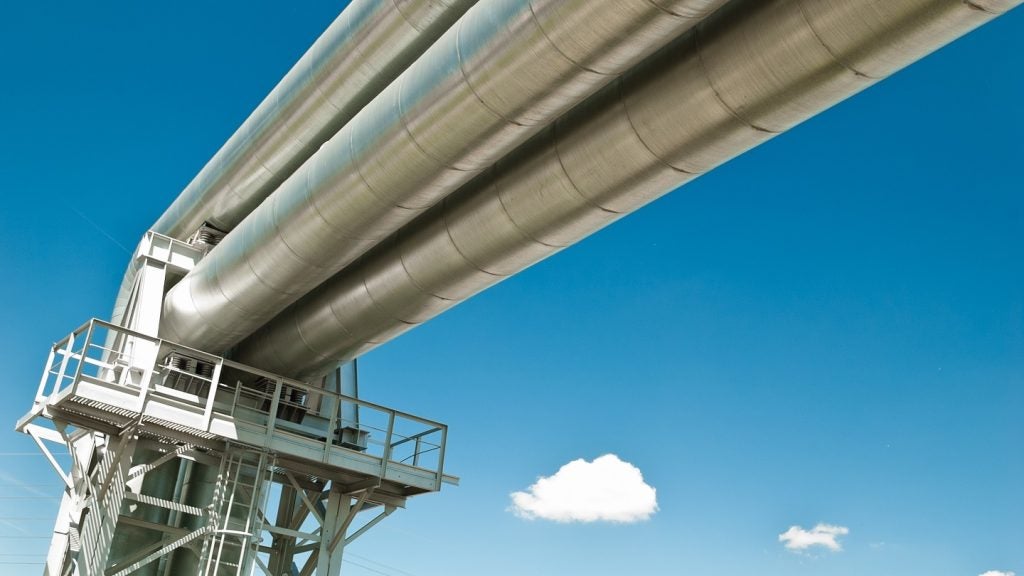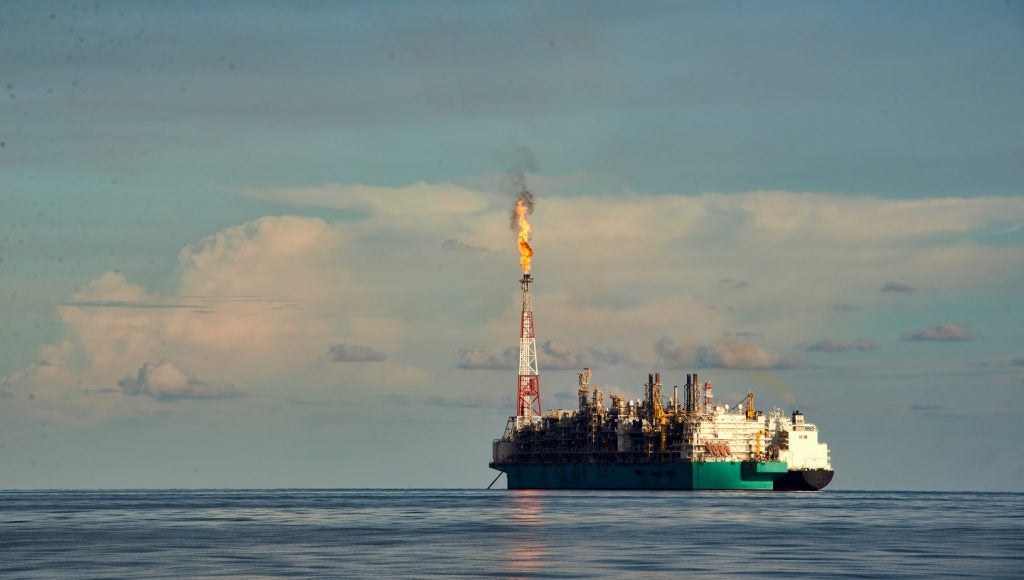The OGCI, a collective of 12 major oil and gas companies, is expanding a campaign to detect methane emissions in developing countries.
The OGCI, consisting of major industry players like Shell, Saudi Aramco and ExxonMobil, first launched its Satellite Monitoring Campaign (SMC) in 2021 to detect methane leaks in Iraq. It expanded its operations to Kazakhstan, Egypt and Algeria after detecting 26 large methane leaks across these nations.
As of October 2023, two operators in Kazakhstan and Algeria have fixed three major methane leaks that were collectively emitting 3,200kg of methane per hour. This is the same emission rate as nearly 4,000 gasoline-fuelled cars. A new report on the results of the SMC added: “OGCI is continuing to engage with four operators to help identify mitigation solutions for the remaining persistent emissions sources.”
Now, the OGCI plans to expand its campaign to seven or eight new countries to further reduce global methane emissions from oil and gas operations.
Bjørn Otto Sverdrup, chair of the OGCI’s executive committee and a former Equinor executive, said: “Eliminating methane emissions from oil and gas operations around the world is one of the most impactful climate actions to help support and advance the ambitions of the Paris Agreement.
“This latest stage of OGCI’s satellite monitoring campaign demonstrates how a systematic effort to raise awareness, deploy new technologies and engagement can support local operators, including national oil companies and joint-venture partners, in their efforts to remove methane emissions at scale.”
Methane emissions from oil and gas operations have been the subject of increasing scrutiny in recent years, as methane is up to 80-times better at trapping heat in the atmosphere than CO₂.
According to the International Energy Agency’s Global Methane Tracker 2024 report, production and use of fossil fuels generated almost 120 million tonnes (mt) of methane emissions in 2023. This report also estimates that around 80mt of annual methane emissions could be avoided through the deployment of known and existing technologies, often at low or even negative cost.




